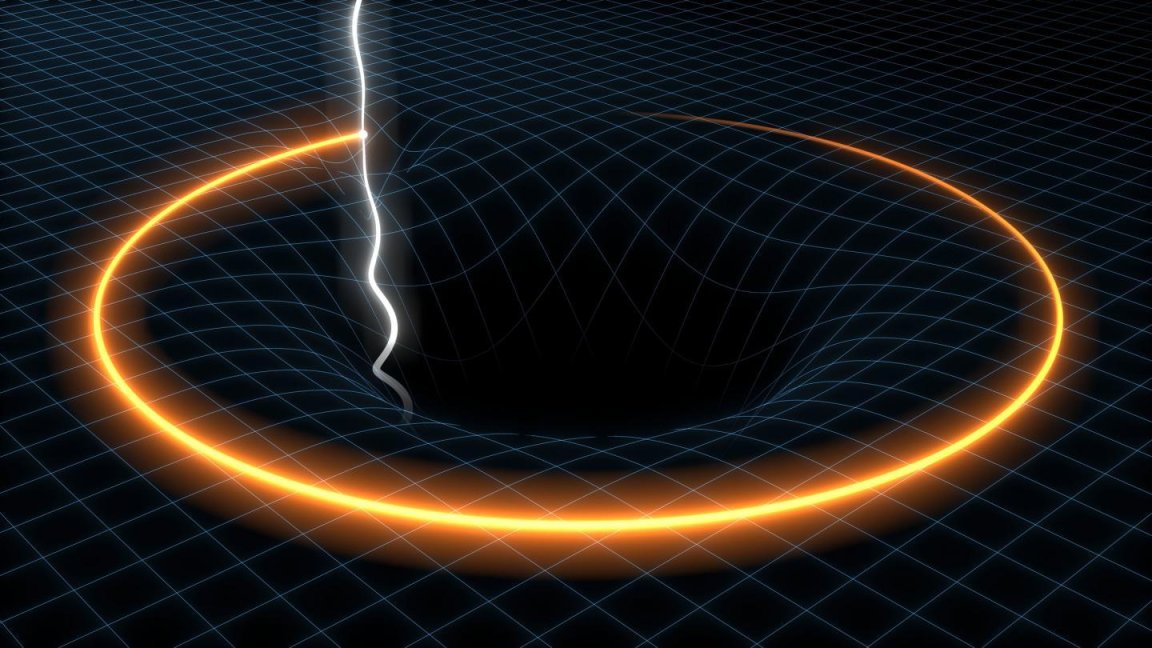
- The first case occurs when the so-called principle of strong equivalence is violated – it indicates that the gravitational movement of a body that we test only depends on its position in space-time and not on what it is made up of, which means that the result of any experiment in a free fall laboratory is independent of the speed of the laboratory and where it is found in space and time
- The other possibility is if one considers a potential variation in the gravitational constant that determines the intensity of the gravitational pull between bodies
- In these two specific cases, the pulsar-black hole combination would not be the perfect ‘holy grail’, but in any case scientists are anxious to find this pair, because it could be used to analyse the majority of deviations.